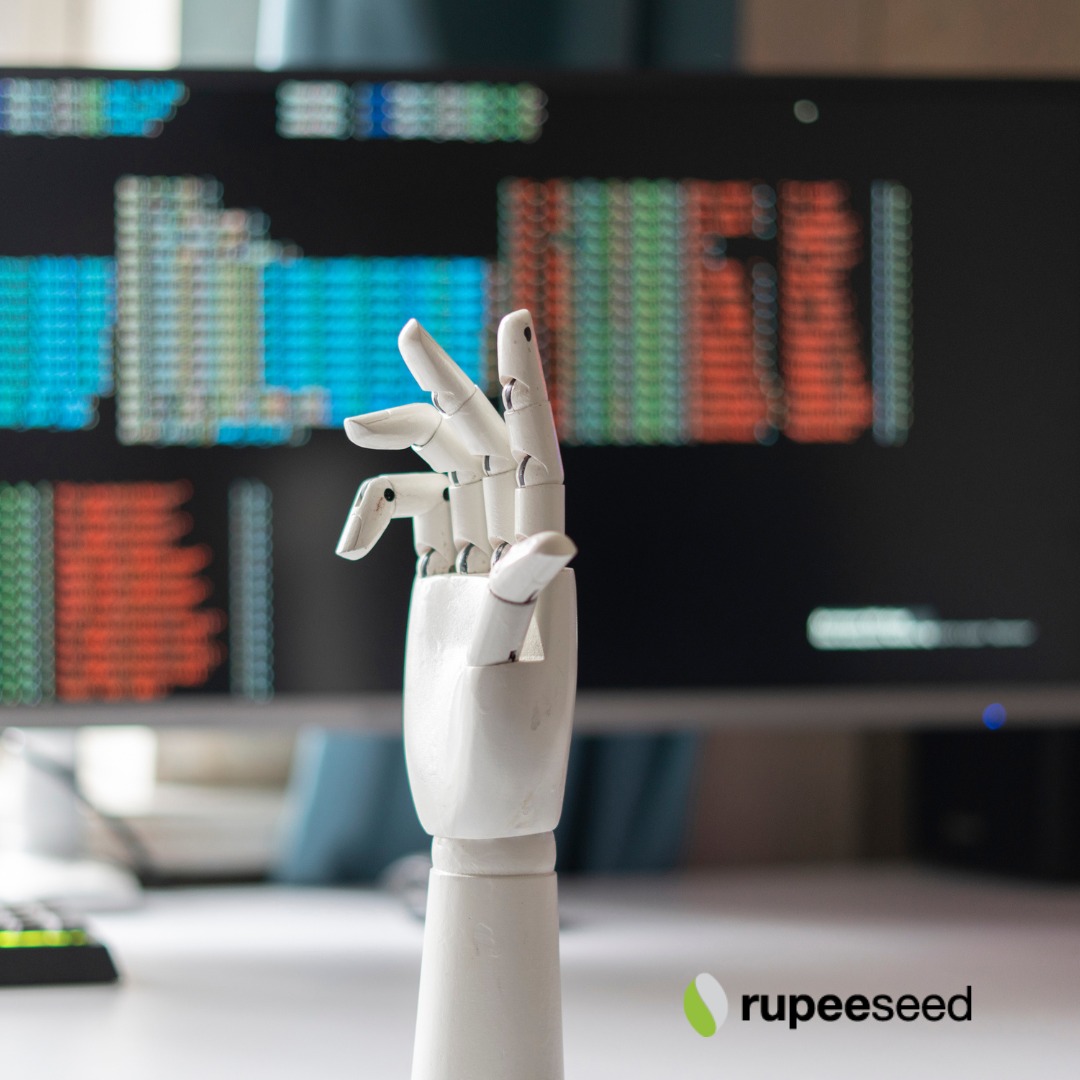The world of trading has come a long way since the early days of shouting orders on the trading floor. Today, technology has transformed the way traders approach the market, with artificial intelligence stock trading software changing the game completely.One of the most significant impacts of technology on trading is the rise of artificial intelligence (AI). Machine learning algorithms and neural networks are now able to analyze vast amounts of data in real-time, detecting patterns and predicting market movements with incredible accuracy. This has enabled traders to make more informed decisions, minimizing the risk of losses.
Furthermore, AI has made it possible to automate many aspects of trading, from order placement to risk management. This has led to a significant reduction in the need for human intervention, which has been a game-changer in terms of trading efficiency.
In addition, AI stock trading software has also had a massive impact on the way trading is conducted. Sophisticated programs now allow traders to automate their strategies, executing trades based on pre-defined criteria. This has eliminated the need for manual monitoring and order placement, freeing up traders to focus on other areas of the market.
However, it is important to note that while trading software has undoubtedly made the process more efficient, it also comes with some risks. For instance, there is a dependency on set logic, which means that if the algorithm is flawed, it could lead to significant losses. As such, it is essential for traders to ensure that their trading software is reliable and regularly tested.
Another advantage of technology in trading is that it enables emotion-neutral decision-making. Human emotions can often cloud judgment and lead to rash decisions, which can have a significant impact on the outcome of a trade. By relying on algorithms, traders can avoid these emotions and make more rational decisions based on data analysis.
Human intuition and experience. While it is true that algorithms can make faster and more informed decisions, they cannot While many see technology as the future of trading, some still question whether it can completely replace necessarily replicate the same level of expertise and intuition that experienced traders possess. Therefore, it is likely that the best approach is a combination of both, with humans and machines working together to achieve optimal results.
In conclusion, technology has had a massive impact on trading, transforming it from a primarily manual process to a highly automated one.
Artificial intelligence stock trading software have played a critical role in this evolution, with their ability to analyze data, automate trades and eliminate human emotion. While there are still risks associated with technology, it is likely that the future of trading will continue to rely on these advancements, with humans and machines working in unison to achieve optimal results.







